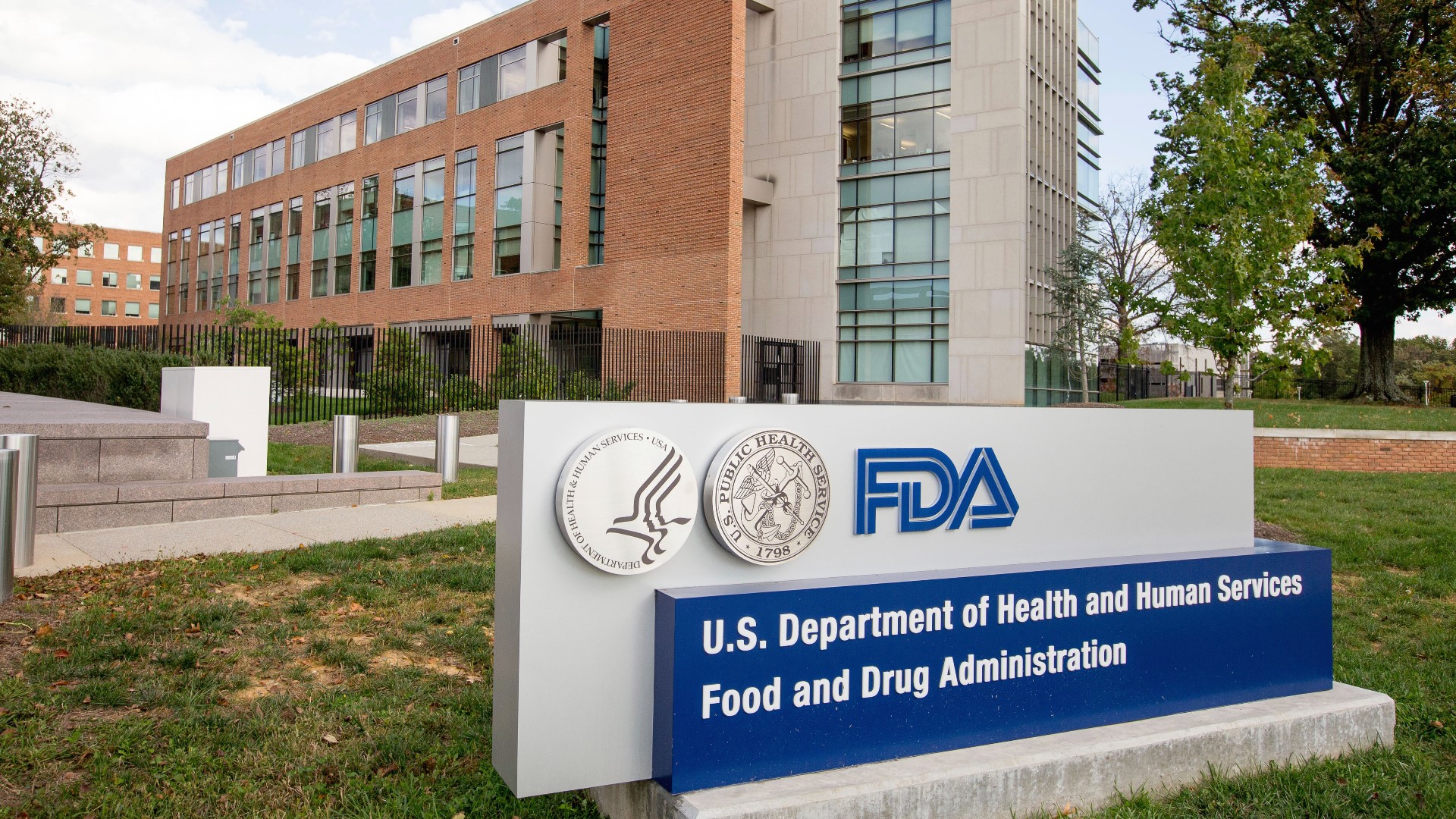ATLANTA — Among the millions of Americans who are not yet vaccinated are those who note that the current vaccines have not yet received full approval from the U.S. Food and Drug Administration.
11Alive viewer Chris Hancock is vaccinated, but she has friends and family members who are not.
“I myself have been vaccinated for several months,” says Hancock. “One of their biggest hesitations as to why they don’t want to get the vaccine is because it hasn’t been approved by the FDA.”
The FDA did grant Emergency Use Authorization for the Pfizer, Moderna, and Johnson and Johnson vaccines. The authorization came after a series of clinical trials, and the FDA continues to monitor the safety of the vaccines Americans are now getting.
Dr. Anthony Fauci has said he hopes the FDA provides full approval for COVID vaccines before the end of the month. He predicts that when that happens, it will spur a wave of vaccine mandates.
Here’s why the FDA has not yet given their final stamp of approval for the vaccines.
For months, while operating under the Emergency Use Authorization, vaccine manufacturers have been collecting data. Dr. Grace Gowda of the University of Georgia’s College of Pharmacy says the FDA will carefully review all of that data before granting full approval.
“We’re talking millions of pages,” says Dr. Gowda. “It’s pretty much all hands on deck, a whole bunch of people to review millions of pages of documents. The FDA review process is the most robust in the world.”
Before granting the Emergency Use Authorization, the FDA conducted a scientific evaluation. Based on that, the agency says they “can assure the public and medical community that the vaccines meet the FDA’s rigorous standards for safety, effectiveness, and manufacturing quality.”
The agency can withdraw an emergency use authorization and halt the use of a vaccine if issues arise.
Dr. Gowda says once the FDA gives final approval, it’s very difficult to remove that distinction.
“There is a big burden on the FDA when they use the term “approve,”’ says Dr. Gowda. “It has legal implications. Once they approve it, the only way they can take it back is through legal action. They can go to court. They have to show a deficiency and it’s a big process, so approval is a big step.”
Dr. Gowda says the data review process alone typically takes the FDA as much as two years.

